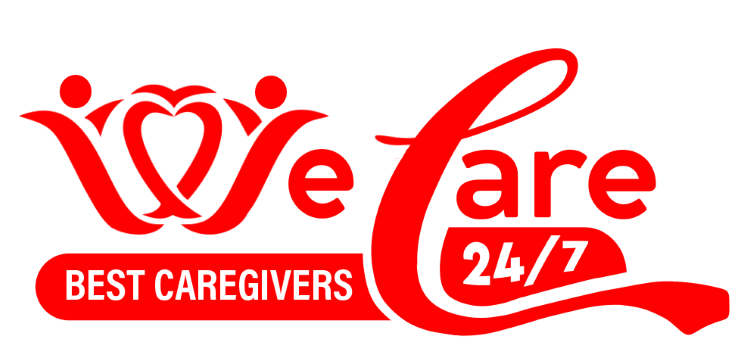How to Choose the Best Home Care Services for Seniors

Navigating Home Care Options for New Jersey Seniors
As our loved ones age, maintaining their independence and well-being within the comfort of their own home becomes a priority for many New Jersey families. Home care services offer a compassionate solution, providing personalized assistance without the need to relocate. However, the process of selecting the right home care agency can feel overwhelming.
This comprehensive guide is designed to empower New Jersey seniors, their adult children, and caregivers of individuals with disabilities with the knowledge needed to make informed decisions. We’ll explore essential factors to consider, ensuring your loved one receives the highest quality of care tailored to their unique needs.
Understanding Your Loved One’s Specific Needs
The first and most important step in selecting home care services is to conduct a thorough assessment of the individual’s requirements. These needs can range from basic daily assistance to more complex medical support.
Types of Care to Consider:
- Personal Care: This includes assistance with activities of daily living (ADLs) such as bathing, dressing, grooming, toileting, and mobility. For many seniors in New Jersey, this level of support significantly enhances their safety and dignity at home.
- Companion Care: Addressing social and emotional needs, companion caregivers provide companionship, engage in hobbies, facilitate social outings, and offer light housekeeping. This can be invaluable for combating loneliness and isolation, common concerns for seniors living alone.
- Homemaker Services: These services focus on maintaining a safe and comfortable living environment. They encompass light housekeeping, meal preparation, grocery shopping, and running errands.
- Skilled Nursing Care: For those requiring medical attention at home, skilled nursing care involves services like medication management, wound care, injections, and monitoring vital signs, all administered by a licensed nurse.
- Respite Care: Provides temporary relief for primary caregivers. This allows family members to rest, attend to personal matters, or simply recharge, knowing their loved one is in capable hands.
- Specialized Care: For individuals with specific conditions like Alzheimer’s, dementia, or Parkinson’s, specialized caregivers possess additional training and experience to manage unique challenges and behaviors associated with these diseases.
Consider not only current needs but also potential future requirements. A flexible care plan that can adapt as needs evolve is highly beneficial.
Researching and Vetting Home Care Agencies in New Jersey
Once you have a clear picture of the care required, the next step involves researching reputable home care agencies operating within New Jersey. Diligence in this phase ensures you partner with a trustworthy and competent provider.
Accreditation and Licensing:
In New Jersey, home health agencies are regulated by the New Jersey Department of Health. Ensure that any agency you consider is fully licensed and in good standing. Verification of licenses can often be done through the NJ Department of Health website.
Reputation and References:
Seek out agencies with a strong, positive reputation within the community. Online reviews, testimonials, and word-of-mouth recommendations from friends, family, or healthcare professionals can be very insightful. Ask agencies for client references and take the time to speak with them about their experiences.
Caregiver Screening and Training:
Inquire about the agency’s hiring process for caregivers. A professional agency will conduct thorough background checks, including criminal history and reference checks. They should also provide ongoing training and professional development to their staff, ensuring caregivers are equipped with the latest techniques and best practices.
Key Questions to Ask Potential Agencies
When you narrow down your choices, prepare a list of questions to ask each prospective agency. Their responses will offer significant insight into their operational practices and commitment to quality care.
- Staffing and Communication:
- How do you match caregivers with clients?
- What is your protocol if a caregiver is sick or unavailable?
- How do you ensure continuity of care?
- What is the communication process between the agency, client, and family?
- Are caregivers employees of the agency, or are they independent contractors? (Employees typically offer more oversight and protection.)
- Care Planning and Customization:
- How is a personalized care plan developed?
- How often are care plans reviewed and updated?
- What is the process for adjusting services if needs change?
- Do you offer a free in-home assessment?
- Cost and Payment Options:
- What are your hourly rates for different services?
- Are there minimum hour requirements or additional fees?
- What payment methods do you accept?
- Do you assist with navigating NJ FamilyCare (Medicaid), long-term care insurance, or veterans’ benefits?
- Will I receive a detailed invoice?
- Emergency Procedures and Supervision:
- What is your emergency response plan?
- How do you supervise caregivers and ensure accountability?
- Is there a supervisor available 24/7?
The Interview Process and Beyond
After gathering information and asking pertinent questions, the next phase involves direct interaction and consideration of the human element.
Meeting Potential Caregivers:
Request an opportunity to meet the specific caregiver(s) who will be assigned to your loved one. Observe their demeanor, communication style, and how they interact. A genuine connection and sense of comfort are highly valuable. This initial meeting can often provide a clear indication of a good fit.
Trial Periods and Flexibility:
Inquire if the agency offers a trial period. This can be beneficial for both the client and the agency to ensure compatibility and that the services meet expectations. A reputable agency will be flexible and understanding if changes are needed.
Ensuring a Good Fit and Ongoing Support
Choosing an agency is not a one-time decision; it’s the beginning of a partnership. Maintaining open lines of communication and regularly assessing the situation are key to long-term success.
Regular Communication:
Establish a routine for communication with the agency’s care coordinator. Regular check-ins ensure that any concerns are addressed promptly and that the care plan remains relevant. Open dialogue helps maintain a positive and effective caregiving relationship.
Adjusting Care Plans:
As a senior’s health or circumstances change, their care needs may also evolve. A responsive agency will be able to adapt the care plan accordingly, increasing or decreasing services as required. This adaptability minimizes disruption and ensures continuous appropriate support.
Client Satisfaction:
Periodically assess your loved one’s satisfaction with the care they are receiving. Their comfort and happiness are paramount. Feedback should be encouraged and acted upon by the agency.
New Jersey Specific Considerations
Understanding local resources and regulations can greatly assist in your decision-making process.
NJ Department of Health and Senior Services:
The New Jersey Department of Human Services, Division of Aging Services, provides a wealth of information and resources for seniors and their families, including details on programs and services available throughout the state. They can also offer guidance on consumer rights and agency oversight.
Financial Assistance Programs:
New Jersey offers various programs to help offset the cost of home care. Beyond private pay and long-term care insurance, programs like NJ FamilyCare (New Jersey’s Medicaid program) or specific waivers may cover certain in-home care services for eligible individuals. Veterans’ benefits are also a significant resource for those who qualify.
Local Area Agencies on Aging (AAAs):
Each county in New Jersey has an Area Agency on Aging (AAA) that serves as a focal point for aging services. These agencies provide information, referral services, and often direct services to seniors and their caregivers. They can be an excellent local resource for guidance and support in finding home care.
Your Partner in Home Care in New Jersey
Choosing the best home care services for a senior loved one in New Jersey is a significant decision that impacts their quality of life. By taking the time to understand needs, thoroughly research agencies, ask the right questions, and maintain open communication, you can find a partner that provides compassionate, professional, and reliable support.
At WeCare Home Caregivers, we are dedicated to helping New Jersey families navigate these choices with confidence. We invite you to contact us to discuss your loved one’s specific needs and learn how our experienced and caring team can provide exceptional in-home support.



